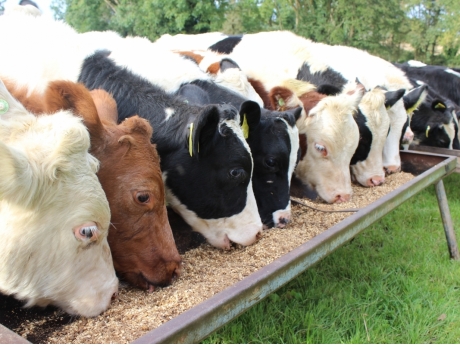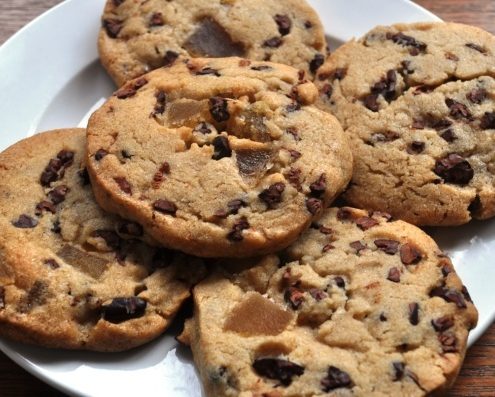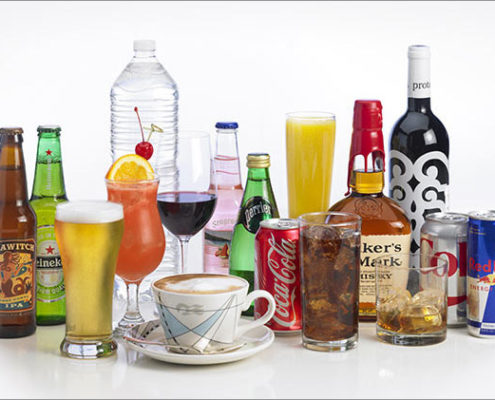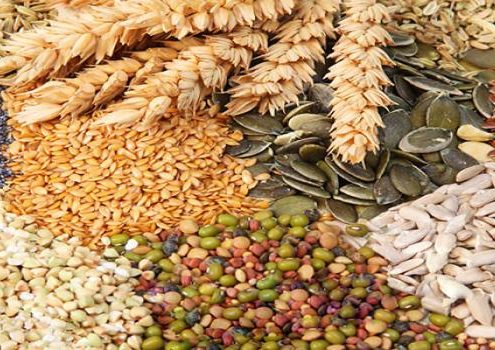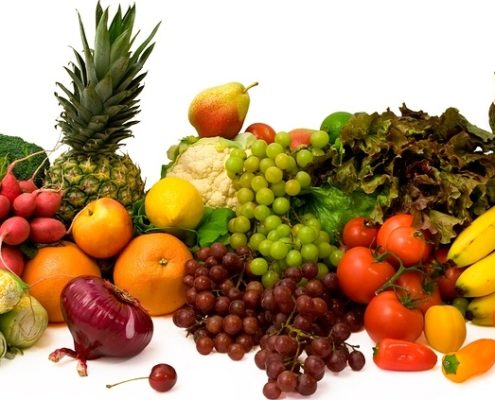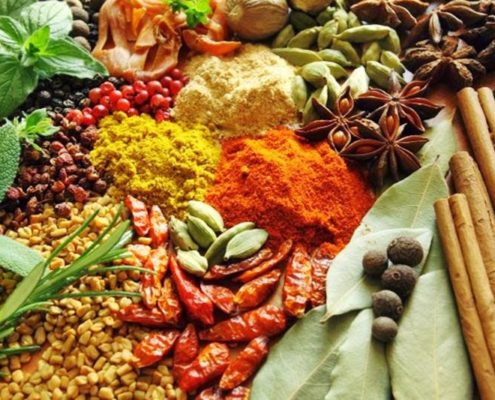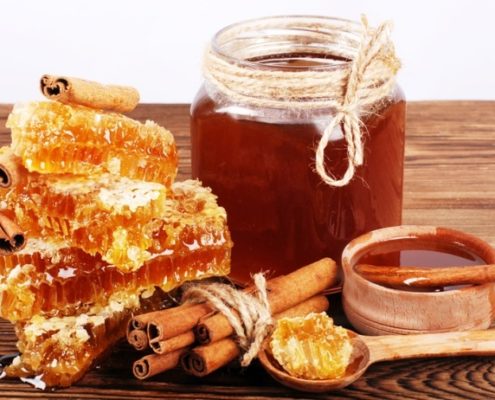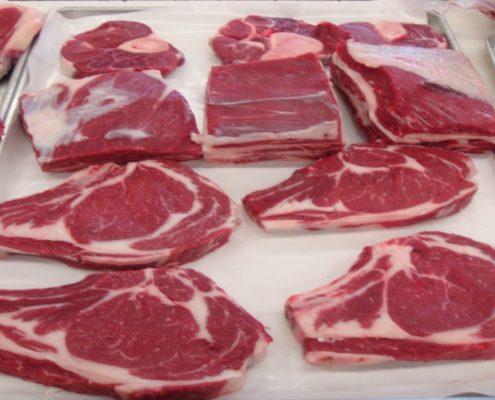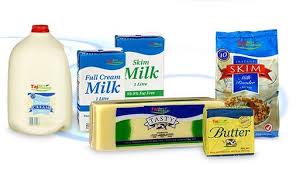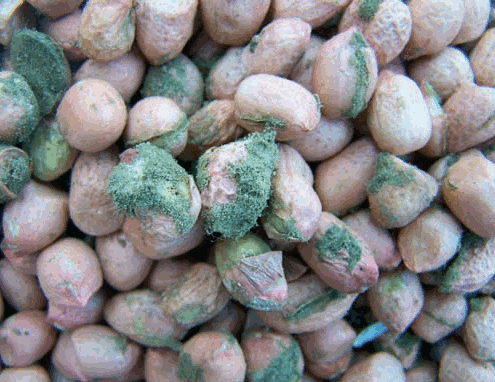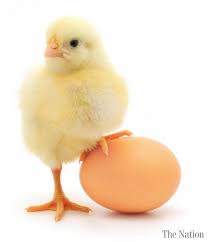 Why to do Microbiological Food Testing?
Why to do Microbiological Food Testing?
Food safety is a major focus of food microbiology testing. It is important to make sure our foods are safe to consumed. The food is a potential source for microorganisms to grow and multiply. They can spoiled the food and worse make someone sick or die because some bacteria are able to produce toxins and endotoxins.
Some of the important classes of Bacteria associated with food poisoning are Coliform, E.coli, Staphylococci, Salmonella, Clostridium, Shigella and Listeria. They can cause symptoms like nausea, vomiting, distress, diarrhea, dehydration, and also death. Hence, microbiological testing of food is important.
Microbiological Parameters Tested in Food
- Total Plate count
- Coliforms
- Faecal coliforms
- Faecal streptococci
- E.coli
- E.coli O157:H7
- Enterobacteriaceae
- Staphylococcus aureus
- Yeast & Moulds
- Rapid Yeast and Moulds
- Clostridium perfringens
- Sulphite Reducing Clostridia
- Bacillus cereus
- Salmonella spp.
- Shigella Sp.
- Vibrio cholerae
- Vibrio parahaemolyticus
- Listeria monocytogenes
- Campylobacter Sp.
- Pseudomonas Sp.
- Anaerobic Spore count
- Rope Spore count
- Aciduric Flat Sour Spore formers
- Thermophilc Flat Sour Spore formers
- Enterobacter sakazakii
- Incubation Test

